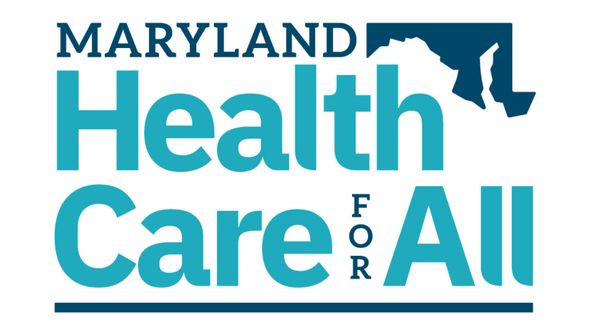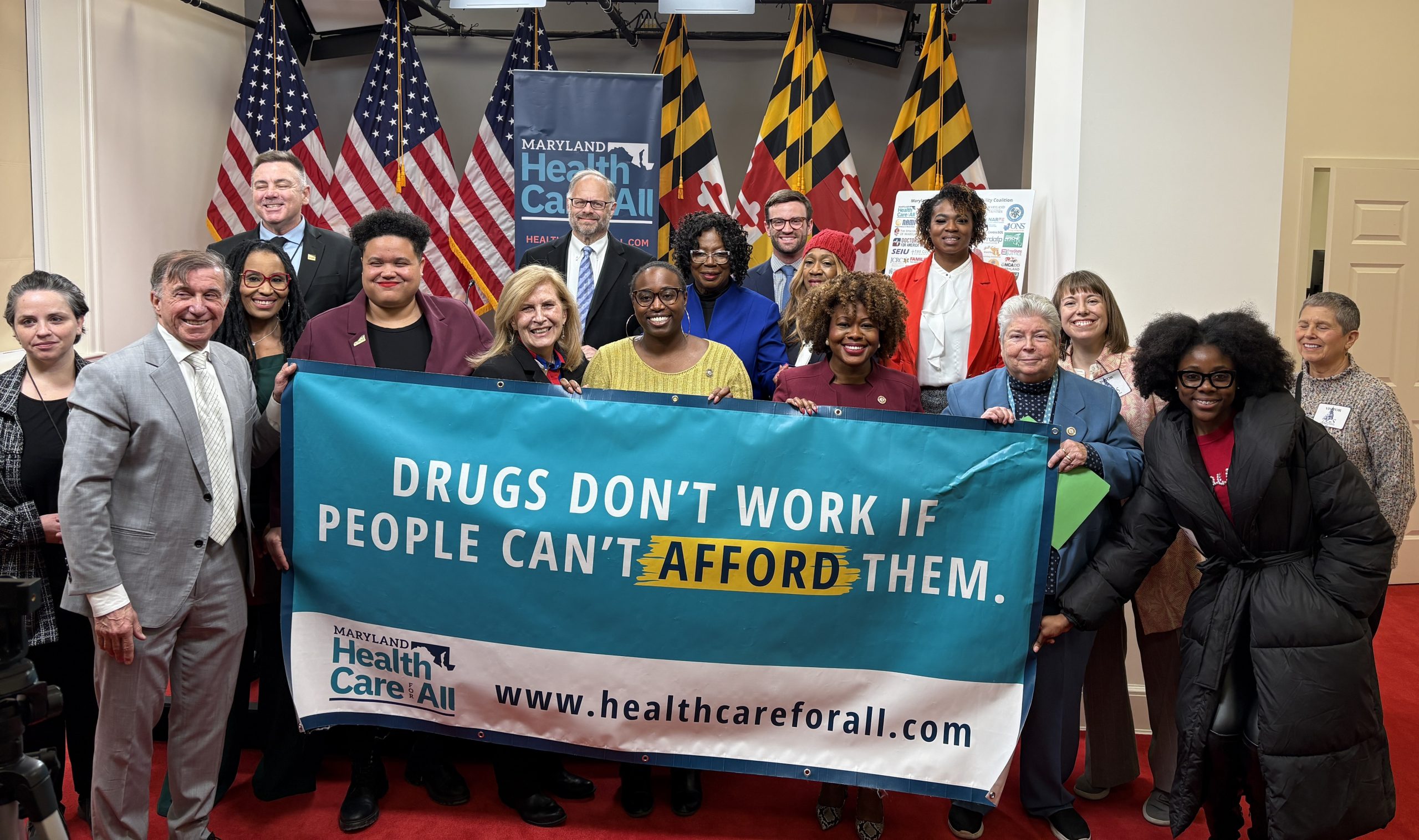RAPS (Regulatory Affairs Professionals Society)
April 10, 2017
Zachary Brennan
Maryland lawmakers on Monday sent a bill that would seek to increase transparency and prevent generic drug price gouging to Gov. Larry Hogan (R) for his signature.
The bill, HB 631, was watered down after pharmaceutical investment analysts, academics and industry said it went a step further than other state pharmaceutical transparency legislation. Currently, Vermont is the only state with a pharmaceutical transparency law, which has already resulted in a report calling out egregious drug price spikes.
The Maryland bill would target generic drugmakers who hike the wholesale acquisition cost (WAC) of their drug by 50% or more in one year, or if the WAC is more than $80, or if three or fewer drugmakers are actively manufacturing and marketing the drug.
The bill would allow Maryland’s attorney general to require a manufacturer or wholesale distributor to produce any records or other documents relevant to determining if a violation has occurred. A civil penalty of up to $10,000 for each violation could be imposed by the attorney general, or companies could be required to lower the price of the generic drug for a period of up to one year to the price at which the drug was made available prior to the violation.
“When a drug company doubles or triples – or multiplies by 50 – the price of medication, it imperils the health and finances of patients and their families, and it threatens public health,” Attorney General Brian Frosh said in a statement. “The new law will give Maryland a necessary tool to combat unjustified and extreme price increases for medicines that have long been on the market and that are essential to our health and well-being.”
Frosh also joined 19 other state attorneys general in filing a federal lawsuit against generic drug-maker Heritage Pharmaceuticals, Auribindo Pharma USA, Citron Pharma, Mayne Pharma, Mylan Pharmaceuticals and Teva Pharmaceuticals USA, alleging that they entered into numerous illegal conspiracies in order to unreasonably restrain trade, artificially inflate and manipulate prices and reduce competition in the US.
Hogan’s office did not respond to a request for comment.




